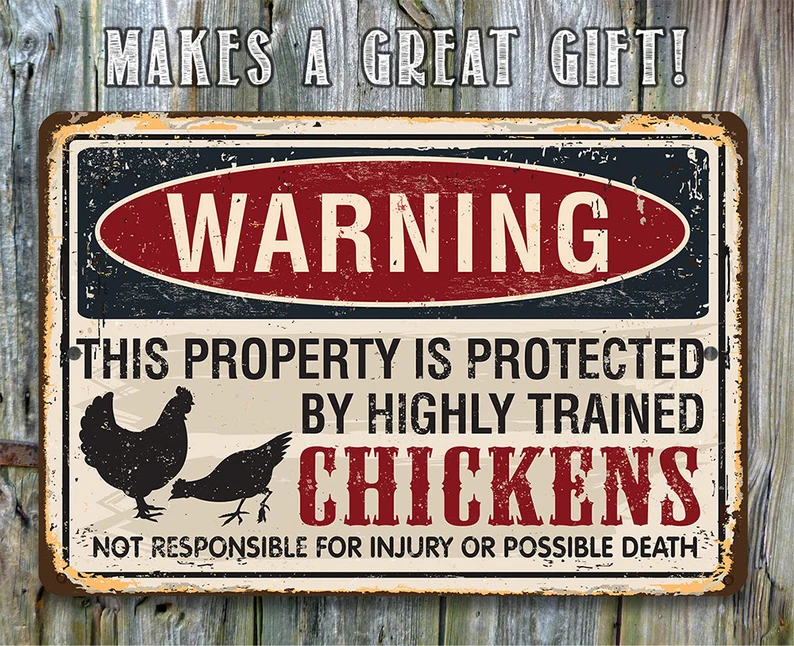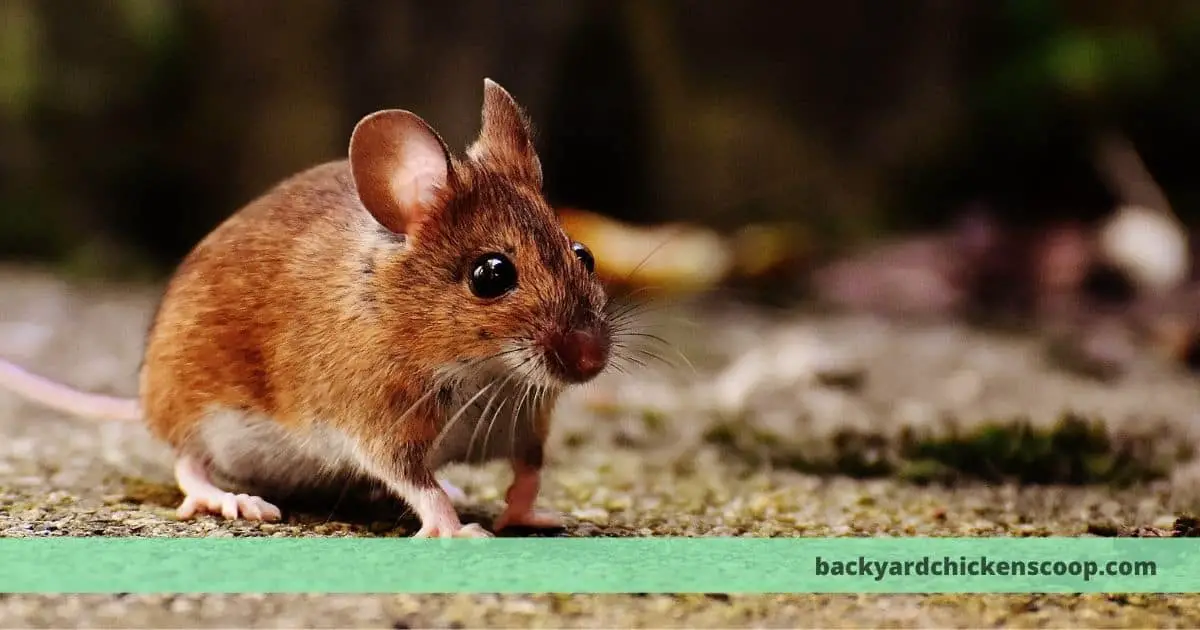Rats can cause many issues when you are trying to raise chickens. So I’ve been reading quite a bit about how to avoid rats in your chicken house. Here’s what I’ve found.
Key Takeaways
- Rats in a chicken house can cause problems, including eating chicken feed and posing health risks to both humans and chickens.
- Prevention measures such as securing the feed in a metal bin and maintaining cleanliness in the coop can help reduce the risk of rat infestations.
- When dealing with rat infestations, options include using snap traps with cheese, rat poison (with extreme caution), getting a cat as a natural predator, or seeking professional extermination services if the infestation is severe.
There are two main problems with having rats in your chicken house.
The first is that they will eat the chicken feed. Studies have shown up to 20% of chicken feed is actually eaten by rodents, so having rats will cost you money.
The second problem is that they can cause illness, both for you and your chickens. Some can even also eat chicks and attack grown chickens. So what can be done to make rats less likely to attack your chickens
Ad: I thought you’d like these…


Rat prevention
To prevent rat infestations, a good first step is to ensure your feed is in a secure location. Rats have a very strong sense of smell and eat a lot of food, so you will need to be very careful here – I recommend using a metal bin for your feed, with no holes so no pesky rodents can get in!
Another important point is the cleanliness of the coop. Rats will often eat the scraps on the floor of the coop, or will hide in tall grass. To reduce the risk of infestation, I would avoid dropping feed on the floor of the coop, and would trim any grass around the edge as well.
Dealing with a rat infestation
When you start to see signs of rats, it’s crucial that you act fast. Rat populations grow extremely fast, and a single pair can quickly become hundreds or thousands. Fortunately, there are plenty of different ways of getting rid of them that you can try.
Traditional snap traps with cheese can be very effective for dealing with rats. You will find that rats are attracted to them and get caught. However, rats can be quite careful around traps, so you will need to introduce these traps gradually, so the rats get used to them.
Rat poison is another option. This is very dangerous for people, chickens, and other pets, but will kill rats. Ensure you are extremely careful if you choose to poison rats. Wearing protective gloves, and keeping any poison securely locked away from children and birds, are both absolutely vital.
At this point, I’m sure you need the free Chicken Disease Cheat Sheet
…
Do Rats Kill Chickens?
Rats can indeed pose a threat to chickens and, in some cases, even cause their death. While chickens are generally larger than rats and can defend themselves to some extent, vulnerable chicks and smaller or weaker adult chickens are particularly at risk.
Rats may attack chickens by going after their eggs, pecking at their heads, or targeting them when they are sleeping. Additionally, rats can transmit diseases to chickens, further compromising their health and well-being.
It is essential for chicken owners to be vigilant in preventing rat infestations and taking appropriate measures to protect their flock from these potential predators.
Getting external help
For larger infestations, you won’t be able to handle the rats on your own. There are still a couple of ways around this though. If space permits, you might want to look into getting a cat. Not only do they make great companions, but they will actually hunt rats. However, there is an obvious expense of keeping cats, and many house cats are too well-trained to deal with vermin.
Finally, as a last resort, you could call in an extermination team. Pest control agencies are fairly easy to find and are a good choice if you are squeamish and want to avoid seeing rats.
However, this can be a very expensive option.
You also need to know…
Essentials


